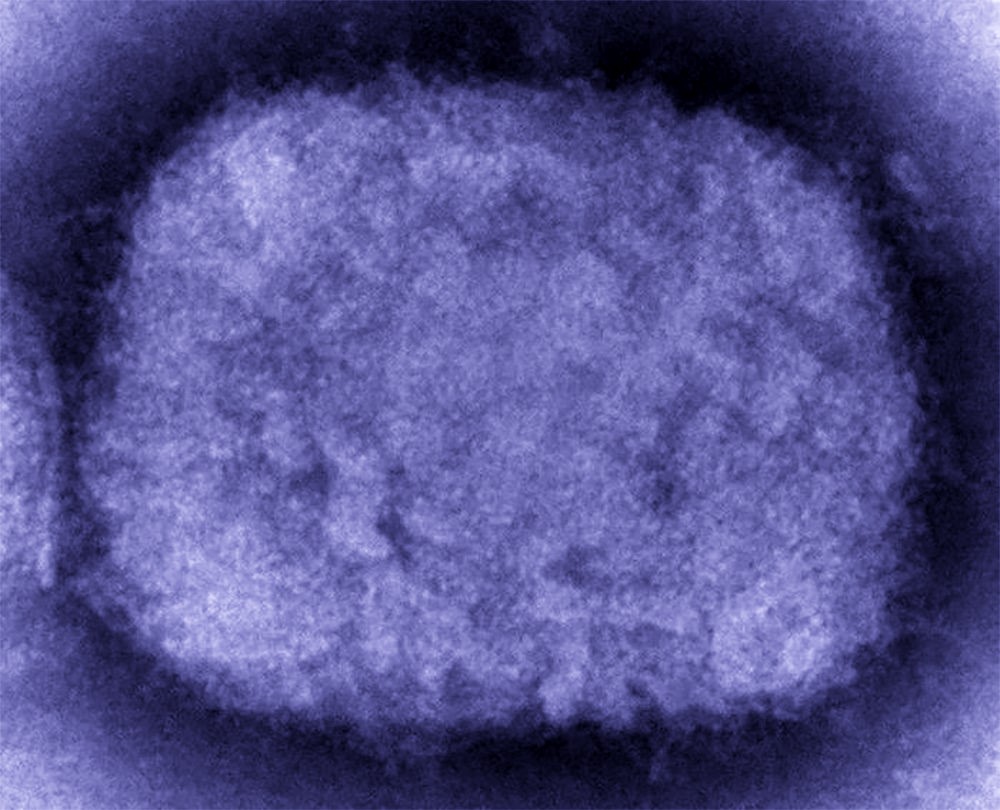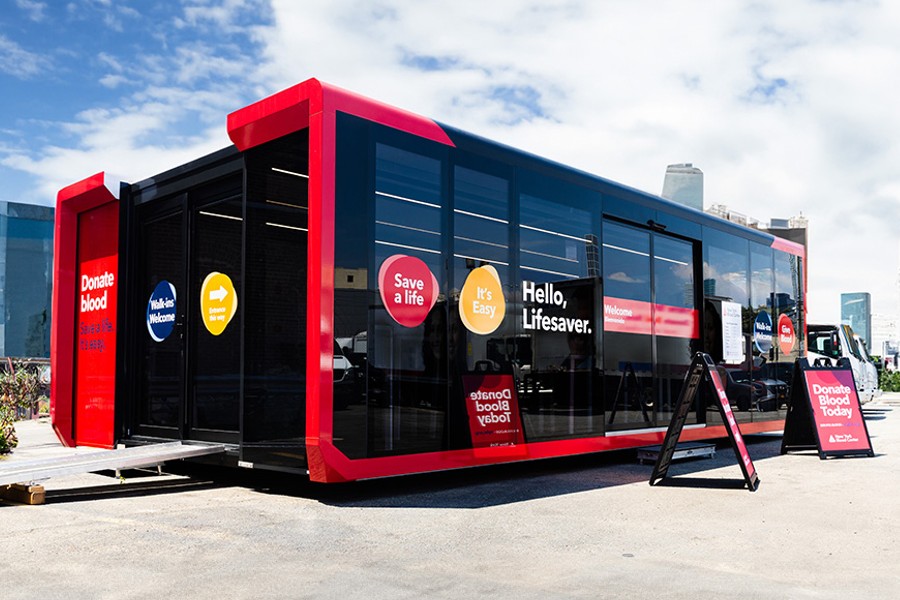
The World Health Organization (WHO) has officially declared monkeypox to be a global health emergency.
After the outbreak grew from 3,040 cases in 47 countries to 16,000 cases in 75 countries, and five deaths occurred in a month’s time, the organization’s Emergency Committee decided that the virus represented a public health emergency that affects every corner of the world.
WHO officials say the risk of monkeypox is “moderate” on a global scale, but they note that the risk is high in the European region.
While there is a risk of the virus spreading further internationally, WHO Director-General Tedros Adhanom Ghebreyesus said there is currently a low risk of the virus interfering with international traffic.
Not necessarily related to monkeys
According to the Centers for Disease Control and Prevention (CDC), the monkeypox virus has been around since 1958.
It is part of the same family of viruses as the variola virus, which is connected to smallpox.
Monkeypox symptoms are similar to the symptoms of smallpox, but they tend to be milder and are rarely fatal.
The CDC notes that the source of monkeypox is unknown. It is not related to chickenpox or – despite its name – specifically related to monkeys. While non-human primates such as monkeys can harbor the virus and infect people, so can African rodents like striped mice and tree squirrels.
Although he is declaring a public health emergency of international concern, Ghebreyesus said the outbreak is currently concentrated among sexually active gay men, especially those who have multiple sexual partners.
“That means that this is an outbreak that can be stopped with the right strategies in the right groups,” he said. “It’s therefore essential that all countries work closely with communities of men who have sex with men, to design and deliver effective information and services, and to adopt measures that protect the health, human rights, and dignity of affected communities.
“In addition to our recommendations to countries, I am also calling on civil society organizations, including those with experience in working with people living with HIV, to work with us on fighting stigma and discrimination,” Ghebreyesus said.
Addressing the outbreak
Not unlike the coronavirus, Ghebreyus said consumers may want to reconsider having gatherings while the current outbreak is a threat. However, he noted that it isn’t mandatory to cancel these gatherings as a “default measure.”
The WHO is taking the outbreak seriously and has laid out a plan to curb the spread of monkeypox as quickly and effectively as possible.
The organization hopes to mitigate any further outbreaks by implementing a coordinated response to stop the transmission of the virus.
It is also seeking to protect vulnerable groups and strengthen clinical management and infection prevention and control in hospitals and clinics reported Consumer Affairs.
Become a Harlem Insider!
By submitting this form, you are consenting to receive marketing emails from: Harlem World Magazine, 2521 1/2 west 42nd street, Los Angeles, CA, 90008, https://www.harlemworldmagazine.com. You can revoke your consent to receive emails at any time by using the SafeUnsubscribe® link, found at the bottom of every email. Emails are serviced by Constant Contact








